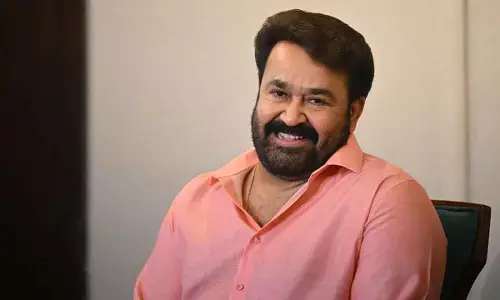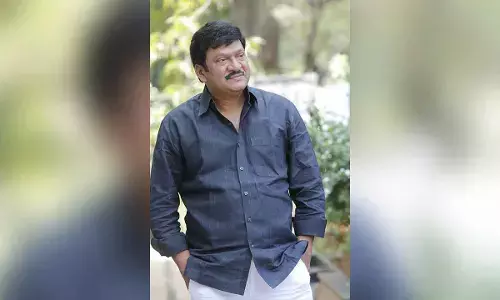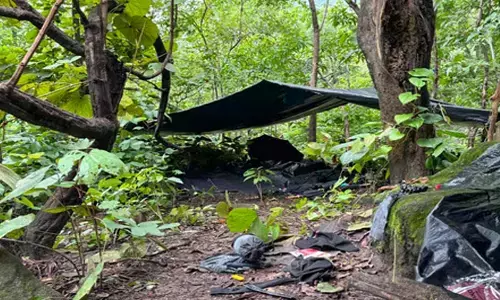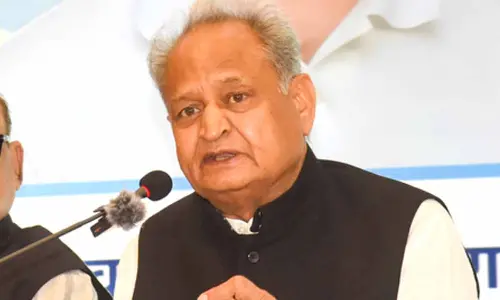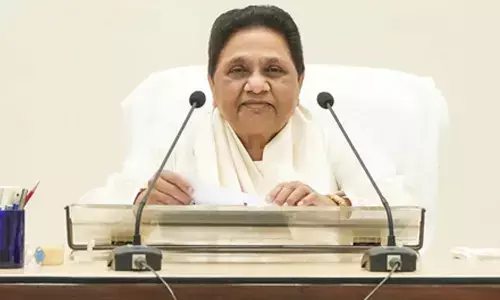Rebalancing death, dying and grieving
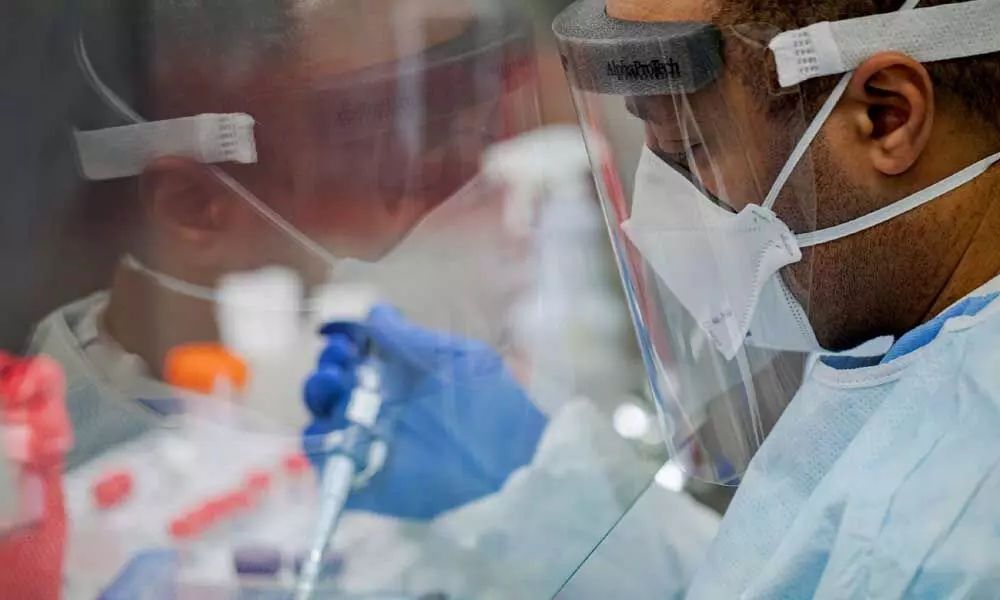
Rebalancing death, dying and grieving (Representational Image)
A report of the Lancet Commission on death and dying in one of the recent editions throws up some fundamental questions regarding the two, and also on whether societies have evolved maturely into dealing with the most beautiful culmination point of life – death.
A report of the Lancet Commission on death and dying in one of the recent editions throws up some fundamental questions regarding the two, and also on whether societies have evolved maturely into dealing with the most beautiful culmination point of life – death.
Whether the dependence on our health systems that just prolong life (or treatment unendingly) confining the person on his last lap to a hospital, taking away the comfort of families and the near and dear ones, are also dealt with in the research. The Lancet is apt in stating that dying in the 21st century is a story of paradox. Although many people are overtreated in hospitals, still more remain undertreated, dying of preventable conditions and without access to basic pain relief. Death, dying, and grieving today have become unbalanced.
Health care is now the context in which many encounter death and as families and communities have been pushed to the margins, their familiarity and confidence in supporting death, dying, and grieving has diminished. Relationships and networks are being replaced by professionals and protocols. A new frontier of challenge has emerged in the form of the Covid-19 pandemic in the last two years and we have developed a delusion that we are in control of, not part of, nature. Death has a social, cultural, economic, religious and even political connotation to it. Again, the society affords special care to the dying only if someone is rich. The disadvantaged do not have the powers to balance any of these when their dear ones are on a deathbed and helplessly wait for the ordeal to be over.
The Lancet Commission on the Value of Death sets out five principles of a realistic utopia, a new vision of how death and dying could be. The five principles are: the social determinants of death, dying, and grieving are tackled; dying is understood to be a relational and spiritual process rather than simply a physiological event; networks of care lead support for people dying, caring, and grieving; conversations and stories about everyday death, dying, and grief become common; and death is recognised as having value.
The challenge of transforming how people die and grieve today has been recognised and responded to by many around the world. Communities are reclaiming death, dying and grief as social concerns, restrictive policies on opioid availability are being transformed and health care professionals are working in partnership with people and families, but more is needed. To achieve our ambition to rebalance death, dying and grieving, radical changes across all death systems are needed. It is a responsibility for us all, including global bodies and governments, to take up this challenge. The Commission will continue its work in this area, the Lancet said.
Let us look at our own healthcare systems. Do we in India really care for our terminal patients? Does our medicare system explore ways of keeping the patients not secluded from everything that is dearer to them in the last moments? This requires compassion and an understanding of life as well death. It comes when a hospital evaluates not the financial background of the patients, but the very process of life. Is the country ready to take health care to the next level – of compassion, care and concern?








